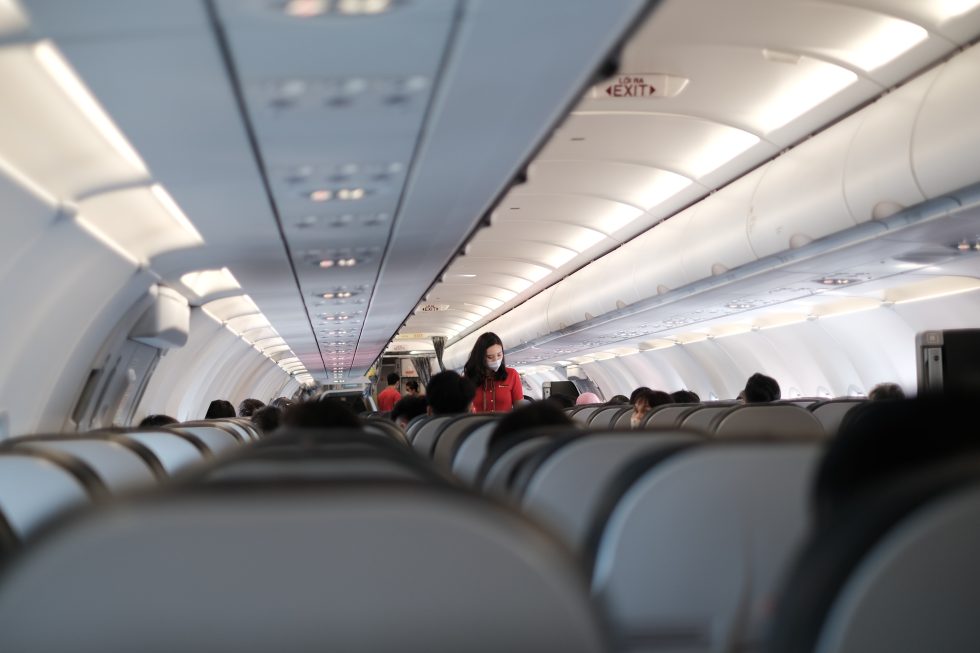China Covid-19 testing rules won’t halt study abroad
Jan 12, 2023

Universities and education agents are confident that new testing requirements for travellers from China will have a minimal impact on international students as Beijing scraps restrictions on outbound travel. The Chinese government is set to resume processing passport applications, which had been suspended during the pandemic, making it easier for citizens to travel abroad.
But multiple countries have imposed new restrictions on incoming Chinese travellers as Covid-19 infections surge among the population. Chinese students will now have to show negative Covid-19 tests in order to enter countries including Australia, the USA, Canada, and the UK.
It shouldn’t have a serious impact on Chinese students who wish to study abroad,” said Chenxing Sang, secretary general of BOSSA, an association of study abroad agencies in China.
The covid test is not difficult to carry out before departure. Students are aware that covid infections cannot be worse overseas. I can see more students planning to study abroad in the near future given the constant changes of policies. The only factor affecting studying abroad industry is the current economic situation.”
High rates of unemployment and economic downturn are leading to a surge in interest in study abroad among some Chinese families, particularly for postgraduate courses, with experts predicting that the UK and Canada are likely to benefit from this demand in future.
David Weeks, co-founder of Sunrise, which supports education institutions to enter the China market, said the testing requirements are only “minor inconvenience”.
“China has the same requirement for anyone entering the country,” Weeks added. “So while it may feel very 2021 to everyone else, this doesn’t feel like much of a shift coming from a country where testing was only until recently necessary multiple times per week to do basic daily tasks.”
Catriona Jackson, CEO of Universities Australia, echoed that the new testing requirements are “not an impediment” to Chinese international students, ahead of the new academic year set to begin in February for most universities across the country.
Speaking on ABC News earlier today, Jackson said she hoped Australia’s new restrictions will be “a short-lived, temporary measure”. “International student numbers have recovered well. However, we are not all the way there,” Jackson continued. “We are still about 18%, across the board, behind where we were pre-covid, and that number is bigger for Chinese students, just because of the impediments they’ve had in getting out of their own country.”
“We very much now welcome the opening of travel for China. At the same time, there is a very complex situation going on right across the world.” Approximately 36% of Chinese students enrolled in Australian universities remain outside of the country. “We would urge Chinese students just to hold with us a little bit longer. Many of them will be able to return pretty much now if they just have that test. And there’s a little bit of time between now and the start of the academic year for us to get this sorted out,” Jackson said.
The US suspended routine visa appointments at some of its China consulates in December, blaming surging infection rates, but these services have now resumed in part. Despite the new testing requirements, the relaxation of restrictions within China is expected to boost the international education industry. Recruitment travel from overseas is now possible, and this will make college fairs more meaningful for students and present the opportunity to reinvigorate dormant recruitment channels for universities who have been unable to visit for three years,” said Weeks.
“For students, these moves lower the financial and emotional costs of study overseas: lower travel costs to your study destination and the ability to easily come home for holidays.” Weeks predicted that the reopening would be “especially conducive” for the cohort of students looking to take up university places at the beginning of the September academic year, while those with deferred plans are likely to act sooner.
“Families who have had a long plan to study abroad will benefit from the reopening and return to their original plan,” said Wendy Wu, a café owner in China who formerly facilitated China-US exchange programs. “Also, I think Chinese institutions will be benefiting from the reopening, especially those who want to have partnership with overseas schools.”
Jamie Arrowsmith, director of Universities UK International, said that the news “may create some uncertainty for students” but that the health and wellbeing of students and staff is “of the utmost importance”. “Where new guidance impacts on a student’s studies, universities will endeavour to offer what support and flexibility they can, for example if students are unable to return to or enter the UK as planned at this time,”
Arrowsmith said. Anyone concerned about how any changes may affect their travel plans should continue to check the latest advice from their travel provider and contact their university if they have any questions.” Source: The Pie News
